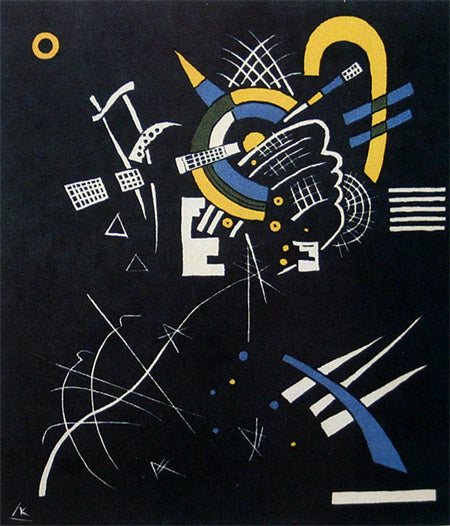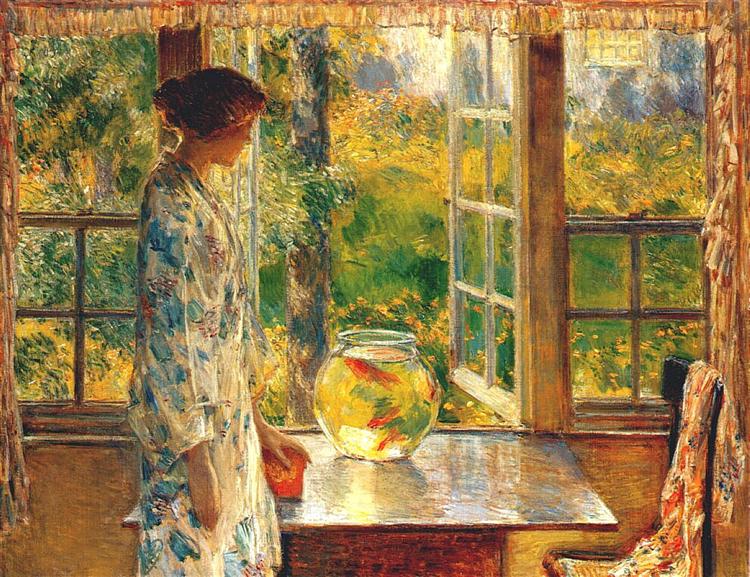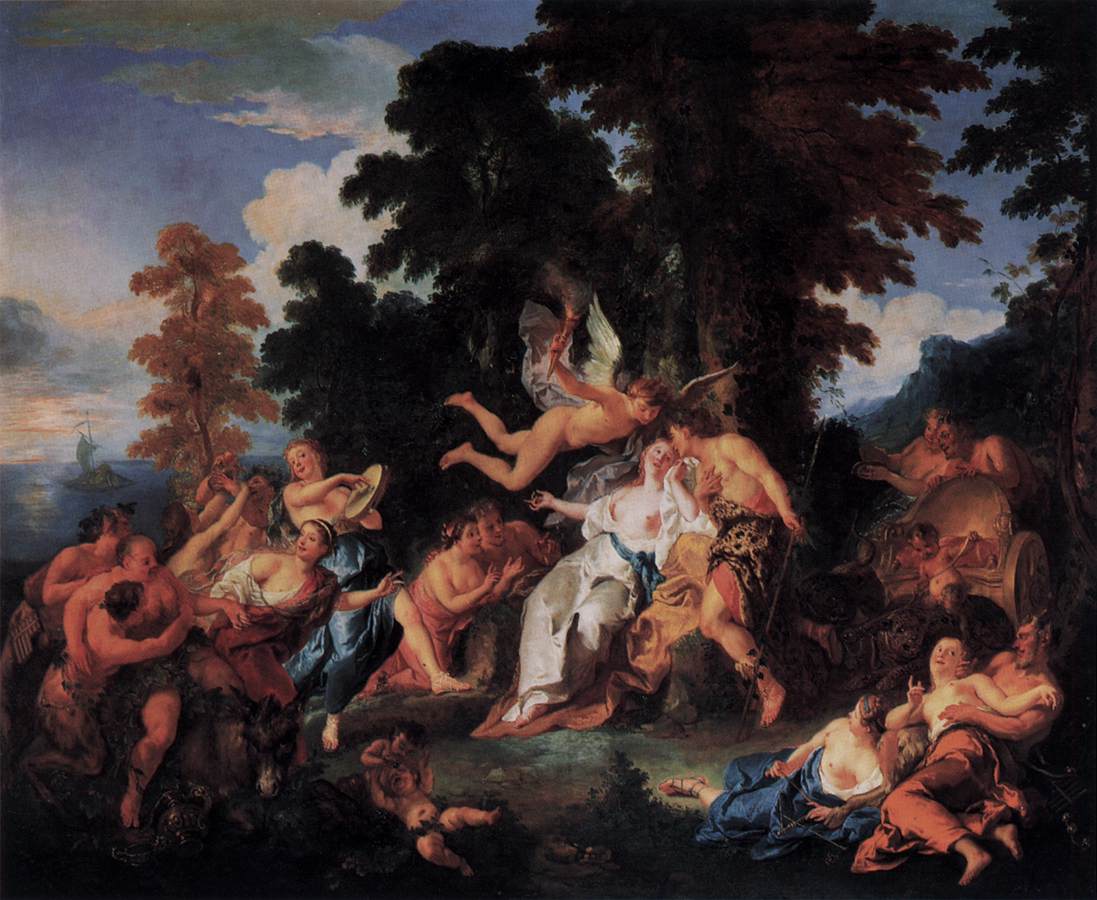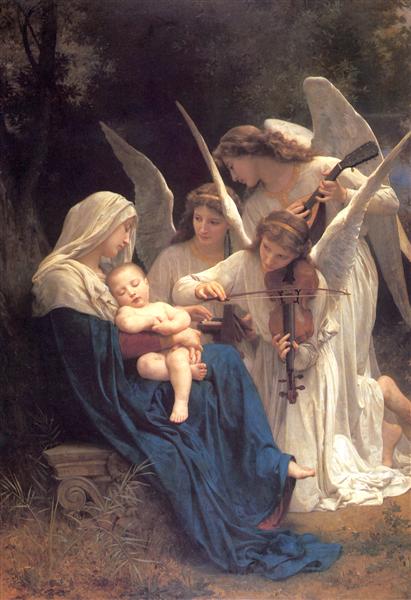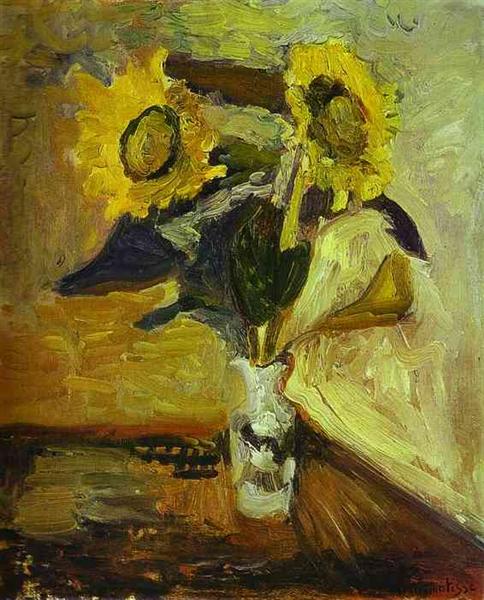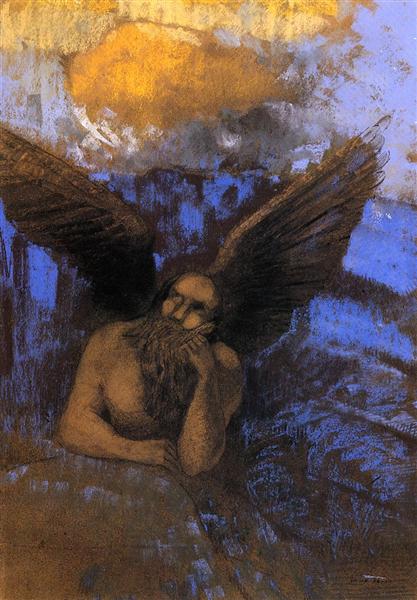Description
The work "Little Worlds VII" by Wassily Kandinsky, created in 1922, is a brilliant example of visual language than the master Russian developed throughout his career, especially within the context of abstract art. This painting is part of the series "Little Worlds", in which Kandinsky explored the idea of creating visual microcosm that reflects his understanding of the universe and the relationship of the human being with it.
When observing "small worlds VII", the first impression is that of a flood of shapes and colors that dance on the canvas, suggesting a pulsating life. The composition is characterized by careful use of geometry, in which circles, lines and organic shapes are combined to create an intricate visual tissue. The vibrant colors, ranging from the warm yellow and orange tones to blue and violet cold, evoke a sense of movement and emotionality, a distinctive feature in Kandinsky's work. The interaction between these colors not only establishes contrasts, but also acts as a means to transmit emotions and moods.
It is interesting to note that in this work there are no characters in the traditional sense, since the figurative representation is almost non -existent. Instead, Kandinsky proposes a way of seeing the world where abstract elements can be interpreted as representations of human experiences, thoughts or even aspects of nature. This approach opens a dialogue about the subjectivity of the spectator, who, when contemplating the work, carries with him his own perceptions and feelings, turning the artistic experience into something deeply personal.
In the context of his time, "little worlds VII" reflects both the influences of expressionism and neoplasticism, although Kandinsky moved away from the strict geometric restrictions of the last. Instead, he allowed greater freedom, resulting in an organized chaos, a structure in which it seems that the forms are in continuous movement, generating its own dynamism that challenges the stillness of the canvas surface.
Kandinsky's interest in color theory, as well as his fascination with music, are also evident in this work. He saw painting as a visual symphony and sought to establish harmonies between nuances and forms, thus creating an environment where not only the sense of sight, but also intuition and sense of the ear could be evocative. Acute observers may notice how some of the colors used seem to resonate with each other, creating an almost musical effect.
Although "small worlds VII" is specific in its form and content, it is also located within a broader corpus of work where Kandinsky dedicated himself to exploring the potential of art as a means of nonverbal communication. In his search for a visual language that could transmit the ineffable, each painting becomes an experiment, a step towards the search for a deeper connection between the individual and the cosmos.
Wassily Kandinsky, through "Little Worlds VII", invites the viewer to inhabit a space where the abstract and the emotional converge, challenging the preconceived notions of representation and opening the doors to new interpretations of reality. In this sense, his work continues to be a pillar of modern art, inspiring both artists and spectators on their journey to the unknown.
KUADROS ©, a famous paint on your wall.
Hand-made oil painting reproductions, with the quality of professional artists and the distinctive seal of KUADROS ©.
Art reproduction service with satisfaction guarantee. If you are not completely satisfied with the replica of your painting, we refund your money 100%.

